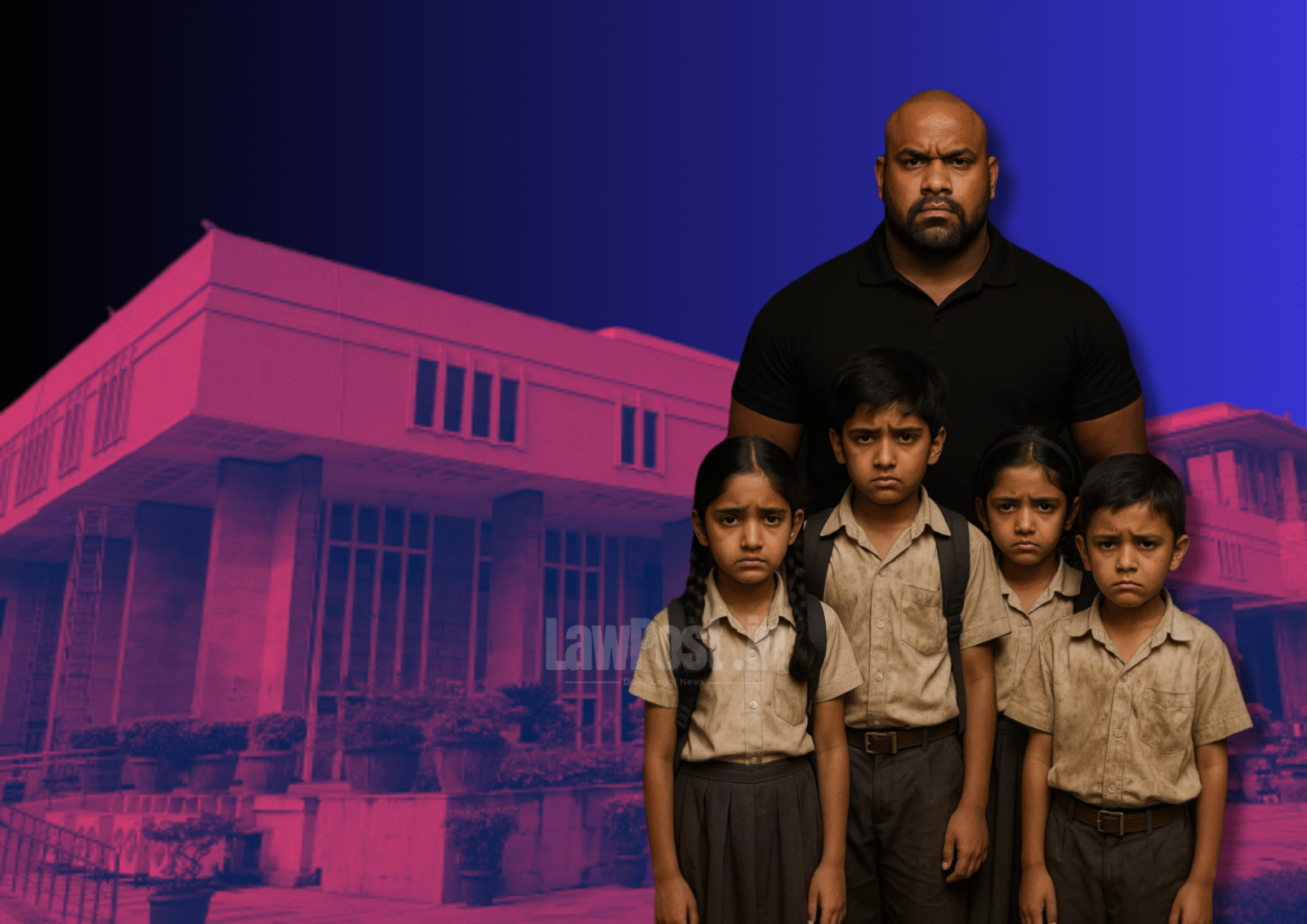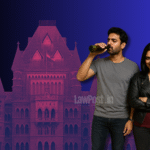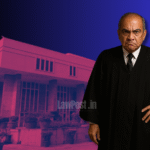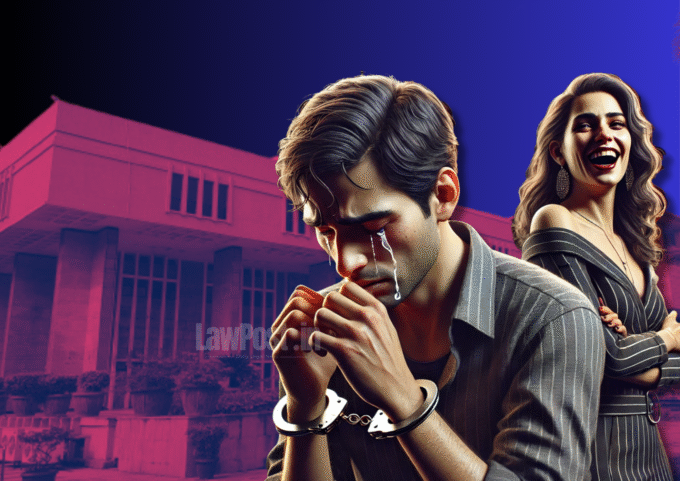The Delhi High Court has strongly reprimanded Delhi Public School (DPS) Dwarka for allegedly deploying bouncers to prevent students with pending fee dues from entering the school, calling the act “mental harassment” and a gross violation of a child’s dignity.
Justice Sachin Datta, in a scathing observation, said:
“Such a reprehensible practice has no place in an institute of learning. It reflects not only disregard to the dignity of a child but also fundamental misunderstanding of a school’s role in the society.”
The Court was hearing a plea filed by parents of 31 students who were expelled over non-payment of a government-approved fee hike. The parents alleged that DPS Dwarka resorted to coercive tactics — including public naming of students, denying access to facilities, and deploying bouncers at the school gate.
In one shocking instance, a girl was allegedly denied assistance during menstruation due to unpaid dues.
While DPS Dwarka has since reinstated the students following a previous court order mandating parents to pay 50% of the revised fees, the Court reminded schools of their larger role:
“A school is not a commercial enterprise. Its primary objective is to impart education and inculcate values, not to operate as a business entity.”
“Public shaming or intimidation of a student on account of financial default not only constitutes mental harassment but also undermines the psychological well-being and self-worth of a child.”
Justice Datta emphasized that while schools are entitled to appropriate fees to sustain themselves, they also carry fiduciary and moral responsibilities toward their students.
“The school… carries with it fiduciary and moral responsibilities. It must not foster a climate of fear, humiliation and exclusion.”
The High Court disposed of the application after the school revoked its expulsion orders. It urged both schools and parents to act with “circumspection and cooperation… to advance the interest of the concerned students.”
This landmark observation comes amid rising concerns over unethical fee recovery practices in private institutions — at a time when over 47 million children in India remain out of school due to economic and systemic barriers.
Case: Delhi Public School Dwarka vs National Commission for Protection of Child Rights and Ors – Available on LAWFYI.IO








